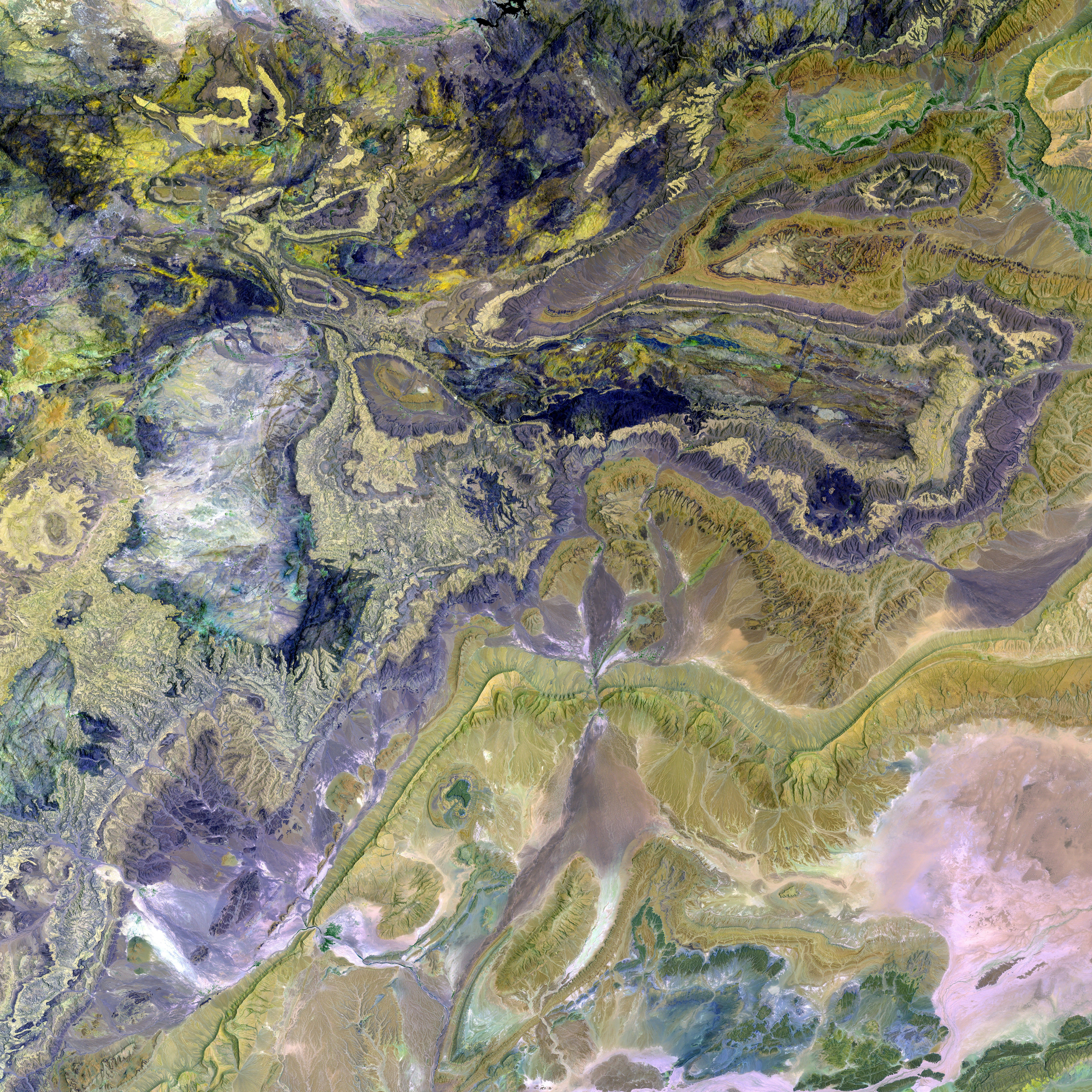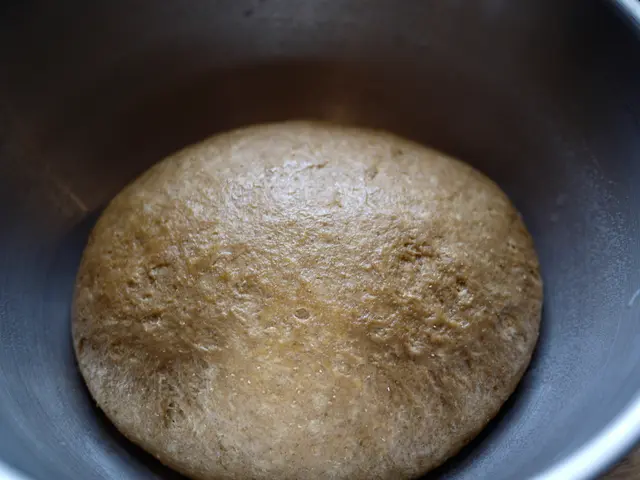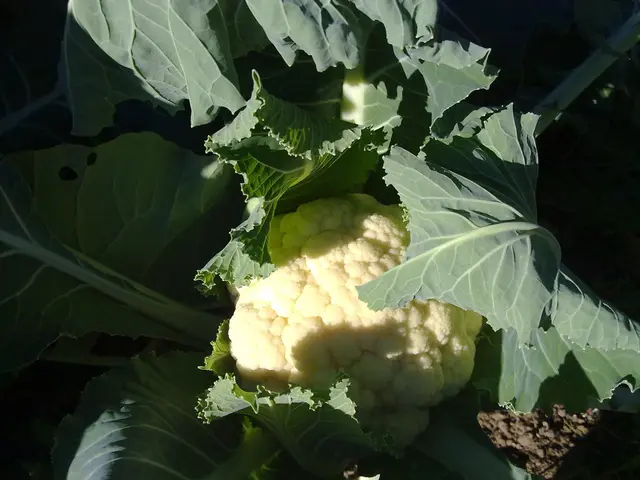Drug Implications: A Comprehensive Examination of Its Advantages and Disadvantages
Radish Consumption and Its Contraindications
Radishes, a popular spring vegetable, offer numerous health benefits, but they also come with certain precautions. Nutrition specialists advise careful consumption in certain health conditions.
This root vegetable is abundant in vitamin C, potassium, folic acid, antioxidants, silicon, and selenium. These microelements are essential for collagen's structural components and support the nervous system thanks to the presence of vitamin B12 in radishes.
However, radishes should be consumed with caution. They are not suitable for individuals with stomach or intestinal diseases, ulcers, gastritis, and other gastrointestinal disorders, as they may exacerbate these conditions.
Dietitian and therapist Olga Lushnikova cautioned against eating radish on an empty stomach, advising it should ideally be combined with oil or sour cream to mitigate its potential adverse effects on the mucous membrane.
Residing in Kuban, residents have recently encountered a rise in bread prices, as reported by "Live Kuban".
For further updates on significant news, subscribe to our Telegram channel: https://t.me/live_kuban
While radishes are generally safe for consumption, they can trigger discomfort in individuals with interstitial cystitis/bladder pain syndrome (IC/BPS) due to their spicy or irritating properties. Some may also find large quantities of radishes upsetting to their digestive system.
People with allergies or intolerances to radishes or other Brassicaceae family (like broccoli or cauliflower) members should be mindful of potential adverse reactions.
For pregnant or breastfeeding women, there are no specific contraindications for radish consumption, but consulting a healthcare provider is always advisable. Additionally, individuals on certain medications may wish to consult their healthcare provider regarding new foods in their diet.
In the animal world, radishes can be safely consumed by dogs, albeit in small quantities to avoid choking hazards. Radish leaves should be avoided in baby rabbits until they are at least 12 weeks old.
- Radishes, rich in vitamin C, potassium, antioxidants, and other essential nutrients, can offer benefits for digestive health and overall health and wellness when consumed responsibly.
- Despite their health benefits, radishes may not be suitable for people with medical conditions such as stomach or intestinal diseases, ulcers, gastritis, and other gastrointestinal disorders, as they may aggravate these conditions.
- Individuals with interstitial cystitis/bladder pain syndrome (IC/BPS) or allergies or intolerances to radishes or other Brassicaceae family members should take caution, as they may experience discomfort or adverse reactions.
- Pregnant or breastfeeding women and individuals on certain medications should consult their healthcare providers regarding radish consumption or any new foods in their diet to ensure they don't interact negatively with existing medical conditions or medications.








